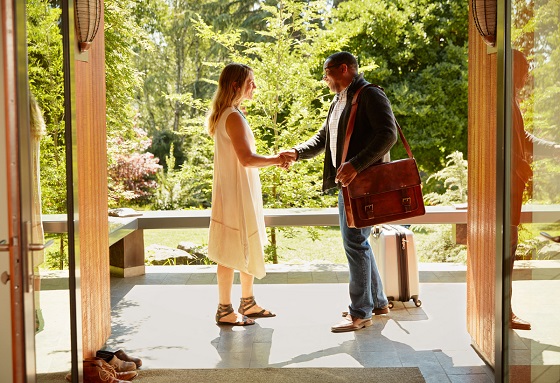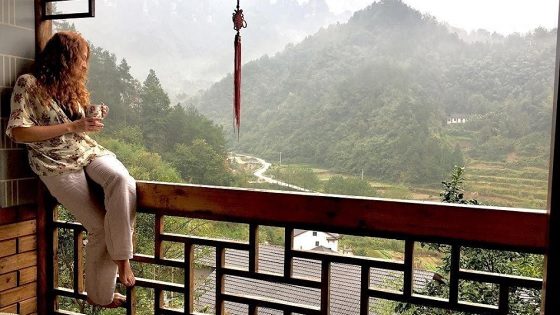For years, Airbnb heralded the ultimate in boutique experiences. Giving guests access to other people’s homes, the company’s humble and genuinely pioneering service had wings. It spread so quickly that “Airbnb” became a verb. Much like Hoover, people say, “Let’s Airbnb it”.
However, a raft of changes recently announced – the first major changes to the brand in years – may redefine Airbnb forever. The possibility of staying in, and poking around, other people’s private homes is still there, but now the firm is expanding into the luxury sector, and making their appeal more broad by introducing stand-alone hotel bookings, and a highly regulated Airbnb Plus scheme. The scheme will appeal to a new type of guest that demands quality checks and regulations before they’ll stay in someone else’s house.
There’s the argument that in diversifying, Airbnb will lose the essence of their brand itself. Now that the straightforward thrill of having another’s home isn’t their USP. Now their USP is ‘hotel bookings’, really. Commercially, perhaps, it makes sense. But now that we’re being told guests demand personalised, authentic experiences more than ever, why are Airbnb listing hotels?
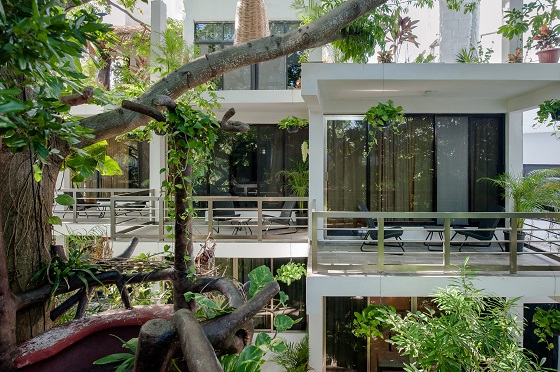
There’s two reasons. One, dry, the other, moreish and fascinating.
Dry bit first. Reports say global bodies are becoming increasingly irked at the lack of regulation on Airbnb. Both in terms of their prices, which undercut hotels, and in terms of the legal nature of renting another’s home. There has been cases of individuals renting sub-let properties illegally, without the landlords’ consent, and of houses not meeting basic health and safety standards.
It’s an issue which has rubbed the American Hotel And Lodging Association up the wrong way. “Airbnb… needs to be regulated, taxed and subject to the same safety compliances and oversight that law-abiding hotel companies adhere to each and every day,” insists Troy Flanagan from the association.
Sliding closer to the hotel format is the obvious way for Airbnb to step up their quality control, minimising risk.
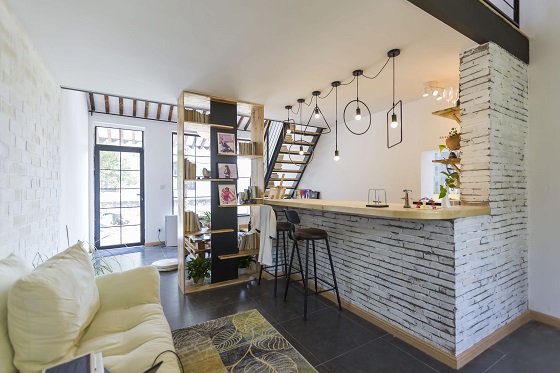
Then there’s the case for hotels. Despite the earful consumers are getting about how we all adore personalised, boutique experiences (booking the Airbnb ‘Experiences’, staying in treehouses, not Radissons, or in “poverty hotels” in an Indian slum, rather than Marriott’s) there is much new evidence that suggests consumers retain their brand loyalty to large hotel chains.
Maybe we’re not all so Airbnb’d yet. End-of-year trend reports from 2017 boasted huge growth for the multi-national hotel groups. Hilton opened more than one hotel a day in 2017. Marriott are set to “grow their luxury footprint” as they roll out 40 new luxury hotels, asap.
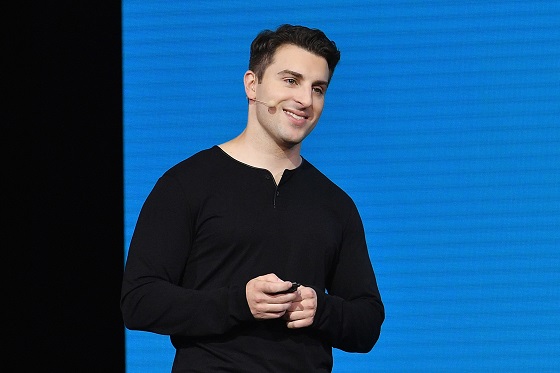
Airbnb CEO Brian Chesky (Picture: Getty Images)
It’s not that guests have become more basic – hotel groups have been modernising and becoming more boutique, taking the Airbnb bull by the horns. Hilton’s Canopy by Hilton rooms, soon to open in London with bespoke in-room artwork by independent suppliers Dais Contemporary, are just one example of how giant hotel groups are pushing boundaries and distancing themselves from being seen as providing anonymous hotel experiences.
And Marriott Global Brand Officer Tina Edmunson has written a statement insisting Marriott’s luxury expansion understands the “global shift in perception around luxury”. “We are uniquely positioned to provide personalised and truly differentiated experiences that resonate with this next generation jetsetter,” she said.
Hilton and Marriott’s successes will be music to Airbnb’s ears as they expand into the hotel sector.

